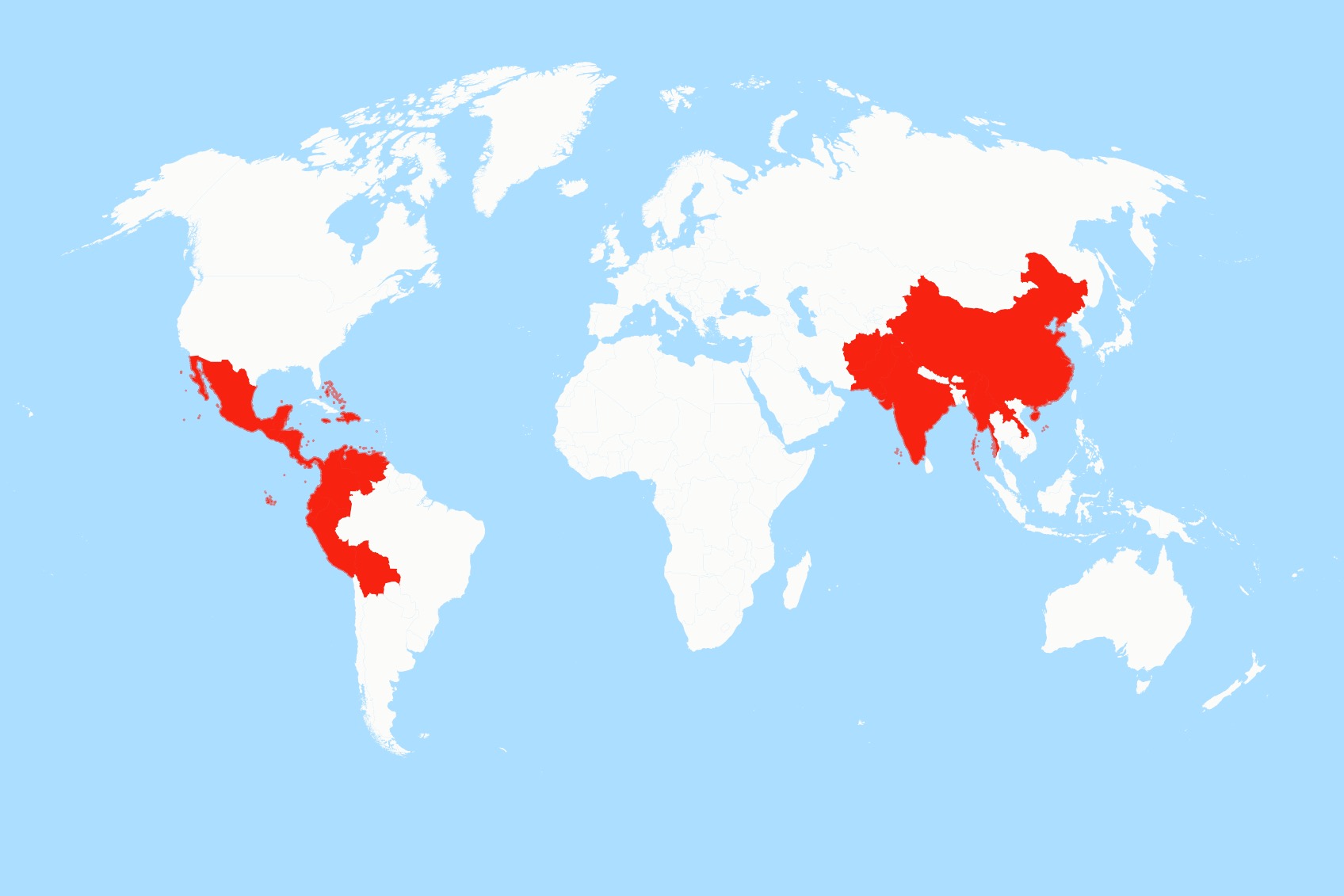Summary
The U.S. government has listed several countries as failing to combat drug trafficking, including Colombia for the first time in nearly 30 years. The Trump administration released a list of major drug-producing or trafficking countries, highlighting Afghanistan, Bolivia, Burma, Colombia, and Venezuela as failing to meet obligations in fighting drug trafficking. This designation may affect the relationship between the U.S. and Colombia.
Key Facts
- The U.S. named 2026's major drug-producing or transit countries: Afghanistan, The Bahamas, Belize, Bolivia, Burma, China, Colombia, Costa Rica, Dominican Republic, Ecuador, El Salvador, Guatemala, Haiti, Honduras, India, Jamaica, Laos, Mexico, Nicaragua, Pakistan, Panama, Peru, and Venezuela.
- The Trump administration marked Afghanistan, Bolivia, Burma, Colombia, and Venezuela as having notably failed in counterdrug efforts.
- This is the first time in nearly 30 years that Colombia is on the list of countries failing to fight drug trafficking effectively.
- Colombia is the world's largest producer of cocaine, according to the United Nations Office for Drug and Crime (UNODC).
- Colombia's President Gustavo Petro expressed disappointment, citing efforts and sacrifices by Colombian forces in combating cocaine trafficking.
- The U.S. accused Venezuelan President Nicolás Maduro of running a significant cocaine trafficking network.
- The U.S. military targeted a vessel from Venezuela, reportedly carrying drugs, resulting in three deaths.
- Bolivia received some praise from the Trump administration for improving cocaine seizures and cooperating with U.S. law enforcement.
